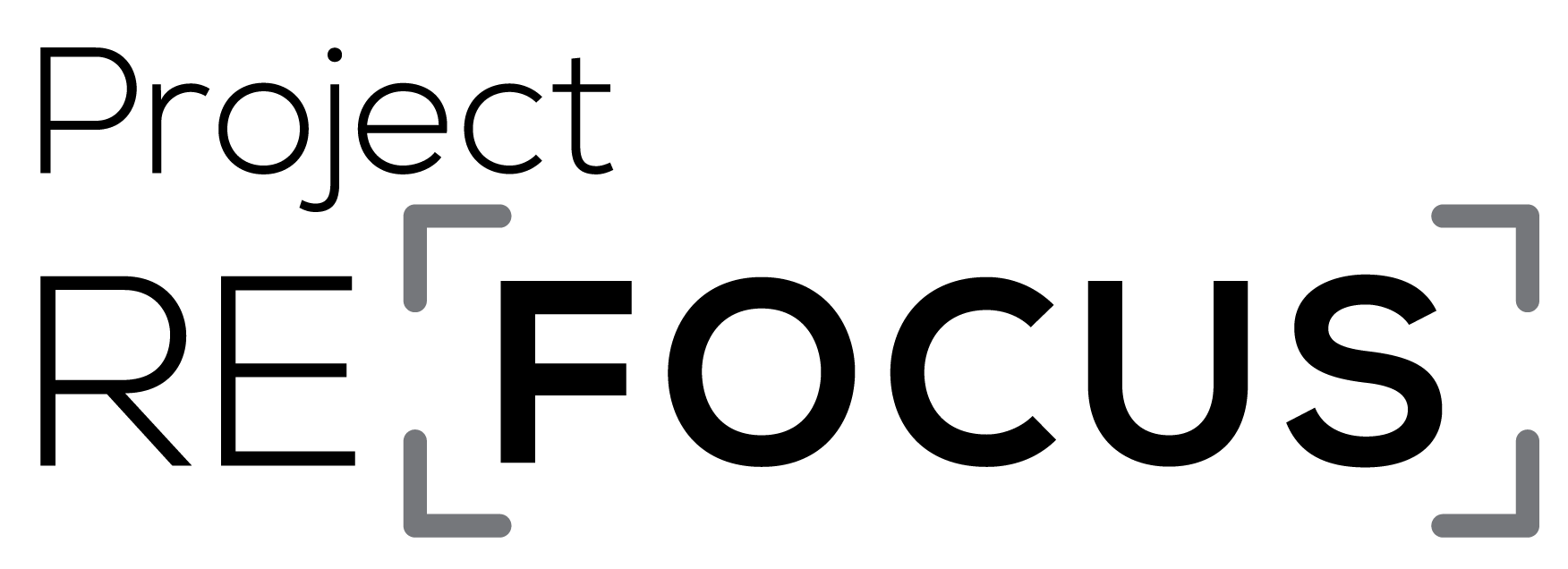American Gun Violence is a Public Health Crisis: A Call to Action
In May, a self-proclaimed supporter of White supremacy and ethnonationalism drove more than three hours to a predominantly Black neighborhood in Buffalo, New York. Upon arrival at a nearby grocery store, he pulled out a semi-automatic rifle and opened fire in the parking lot. While yelling racial slurs, he continued his violent rampage inside the store. In fear for her life during the active shooting, an in-store patron called 9-1-1. But the dispatch who answered her call grew annoyed by her whispering and hung up. That day 13 people were shot and 10, all of whom were Black, were killed.
The following day, a man entered a Taiwanese church and opened fire during a small reception, killing a family physician, Dr. John Cheng, and critically injuring several others. Days later, a gunman walked into a Texas elementary school, murdering 19 students and two teachers. Among the slain were children, educators, a doctor, caretakers, and those that gave of themselves in service to others at churches and soup kitchens. Their friends and loved ones must endure the great grief of their tragic passing. The people in their communities now have one less culturally competent doctor, fewer passionate teachers, and infinite potential unknown and unrealized via children lost too soon.
Now, as students head back to school, parents are taking extraordinary and heart wrenching measures to prepare their children for one of their greatest fears. In a viral TikTok video, Cassie Walton shares how she prepares her five-year-old son for an active shooter in his Pre-K classroom.
The crisis of American gun violence has reached a fever pitch. And though the entire country is in mourning, people of color in the U.S. particularly live with the fear of ordinary spaces (schools, churches, supermarkets) normally deemed safe, becoming emblematic sites of unchecked violence. The stress of these constant threats also exists in tandem with a host of other ongoing and historically racialized inequities, including a global pandemic. But just like we cannot allow these senseless acts to go on, we cannot continue to let racism and social stigma erode the resilience and health of minoritized groups.
This is a deliberate call to action for public health practitioners, interventionists, and anyone who cares about chipping away at the systems of harm currently plaguing communities of color.
There are two questions that should drive a collective call to action: What are community-informed solutions to the gun violence epidemic? And does this nation have the capacity to listen and respond appropriately?
As a solution to the amplified pangs of distress experienced by these communities, Project REFOCUS was designed to empower public health practitioners and communities in crisis with real-time data and tangible resources. Our mission is to foreground the issue of racism and how it affects the health of communities facing multiple pandemics. Launched in the summer of 2020, Phase I included:
- Conducting focus groups with Black, Asian, Hispanic, Immigrant, and LGBTQIA+ people to learn about their unique experiences
- Examining the role of ethnic and media during a public health crisis
- Interviewing public health leaders to identify effective strategies for population outreach
- Surveying communities to assess the real-life experiences of communities during these pandemics.
As we move into Phase II, our team will be on-the-ground in cities across the U.S. providing training and resources to community leaders, activists, journalists, and public health practitioners. We are committed to empowering communities with real-time information through a state-of-the-art crisis monitoring system and other educational resources.
Our mission is to profile activists and advocates who are working towards a better future for the citizens in their communities. Here is a list of gun violence organizations
